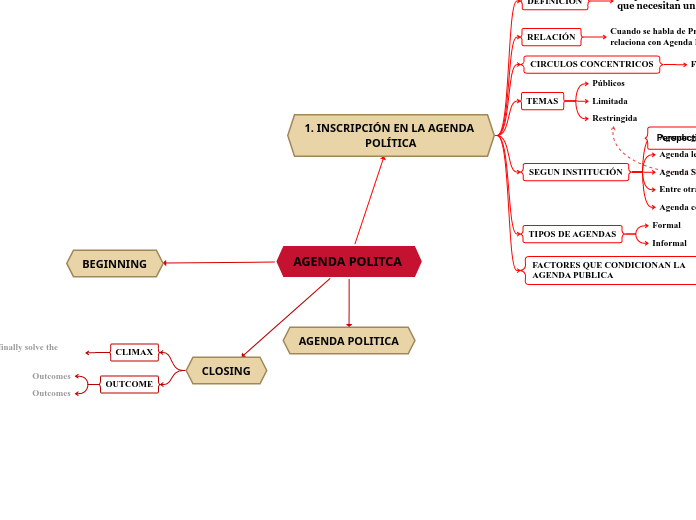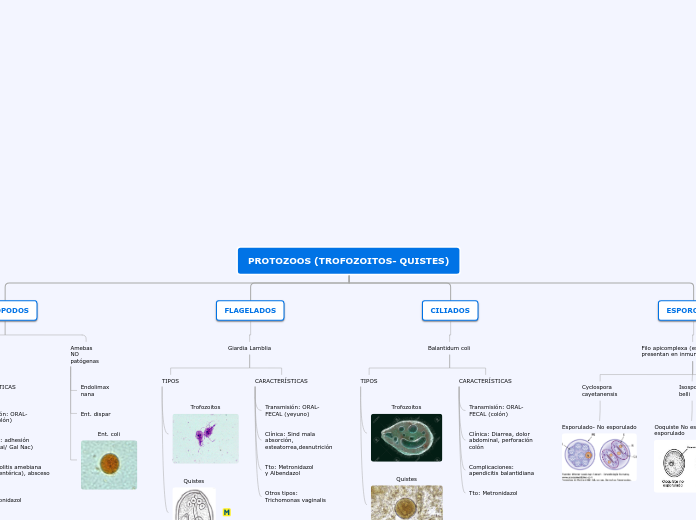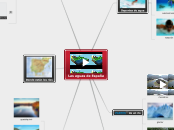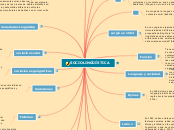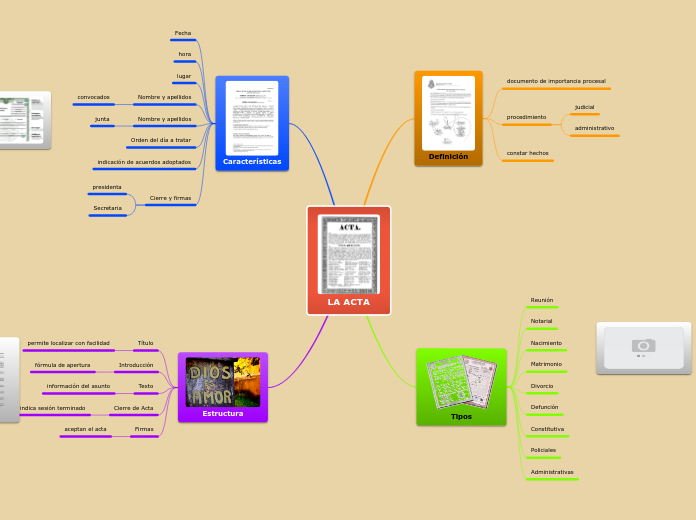Perspectiva Publica
Autoridades legitimas
AGENDA POLITCA
To name your story, you have to think about the overall message and what you want your audience to understand from the story. Also, make it relevant and easy to remember.
AGENDA POLITICA
The middle of the story is where you add layers of complications that will lead to the end. Reveal more about the character's journey. Did their personality go through changes? How did they overcome the challenges? And as you build up the story’s central conflict, make it more personal to that character. Also, from the middle act, you have to lead into the final act.
CLOSING
The ending of a story is essential. We all know that if the ending is weak, what happened before loses its importance. So make it unpredictable, but fair. A resolved ending answers all the questions and ties up any loose threads from the plot.
OUTCOME
This is the closure section of the story.
See examples of possible outcomes below:
- all problems have been solved
- it's clear how each one of your characters ends up
- your main character is transformed by the challenge
Outcomes
Try answering these questions to come up with a closure:
- Have all the problems been solved?
- Is there a clear picture of what happens with each character in the story?
- Has the challenge transformed your main character?
- How do the characters feel in the end?
CLIMAX
This is the moment when the main character surpasses the last obstacle and finally faces their greatest challenge.
The climax usually follows one of these patterns:
- realization
- resolution
- choice
Type in your answer.
How does your main character finally solve the problem?
BEGINNING
1. INSCRIPCIÓN EN LA AGENDA POLÍTICA
In the beginning of the story (or the exposition), you will need to introduce the setting and characters. You might also want to introduce the main conflict. This part of the story is important because it gives the reader necessary background information and maybe even a first insight into a character’s personality.
FACTORES QUE CONDICIONAN LA AGENDA PUBLICA
Perspectiva neoinstitucional
Fijan reglas y condiciones
Posicion social ocupada
Estructura sociopolitica
TIPOS DE AGENDAS
Informal
Formal
SEGUN INSTITUCIÓN
Agenda conyuntural
Temas periodicos
Procesos específicos
Entre otras
Agenda Sectorial
Agenda legislativa
Agenda gubernamental
TEMAS
Restringida
Limitada
Públicos
CIRCULOS CONCENTRICOS
Flotan los asuntos públicos
Punto central
La agenda gubernamental o de decisión
RELACIÓN
Cuando se habla de Problema Público se relaciona con Agenda Pública
Mecanismos de exclusión
Condiciones de acceso
Condiciones dinámicas
Procesos sociales y políticos
DEFINICIÓN
Characters are essential to a good story. Usually, the protagonist(s) is/are the most affected by the plot. Introduce a character by focusing on their actions, interests, and occupation, as the physical appearance doesn't make a difference in most cases.
Conjunto de problemas percibidos que necesitan un debate
Type in the name of your character.
Intervención activa
Which traits best describe the character's personality? Choose more if necessary:
introvertedloyalkindindependentquick-thinkingadventuresomeidealisticsweet-naturedcalmrisk-takercreativewittystrictfussyweirdclumsyharshaggressivecarelessclingingcowardlycrueldeceitfulimpulsiveOther
Público
Choose the type of your chacter:
Protagonist (main character)Antagonist (main character's opponent)Flat (stereotypical character)Round (his/ her personality develops throughout the story)Static (doesn't evolve as a person throughout the story)Dynamic (dramatical change in personality)Confidant (the main character trusts him/ her)Foil (contrasting character who enhances the personality of another character)Other
